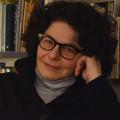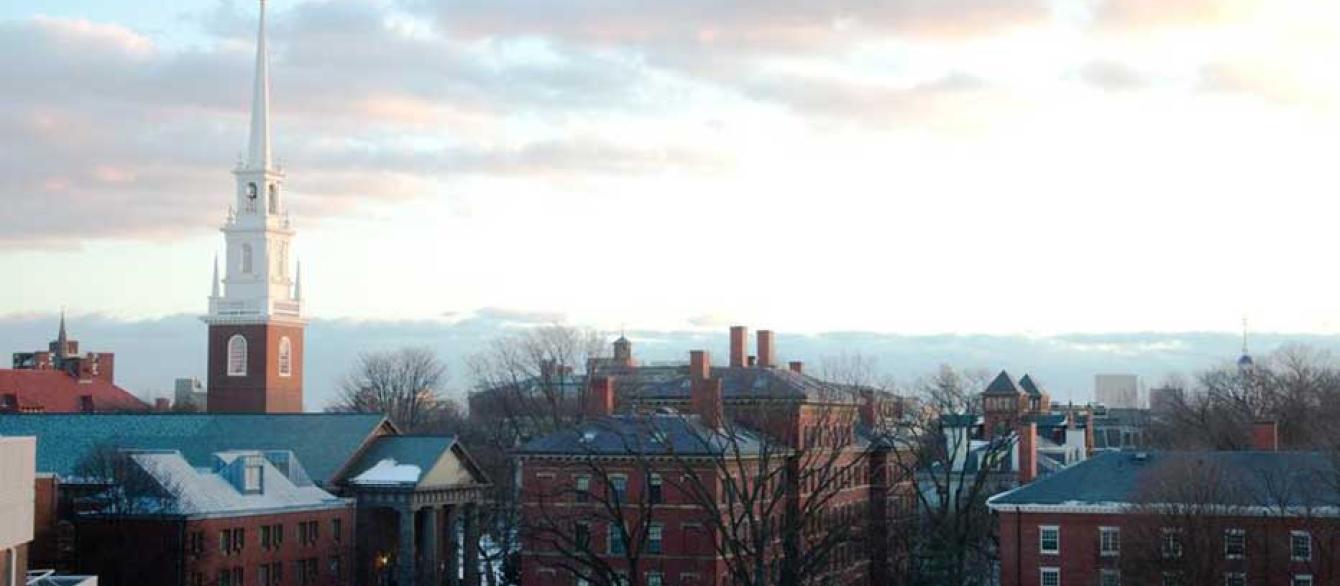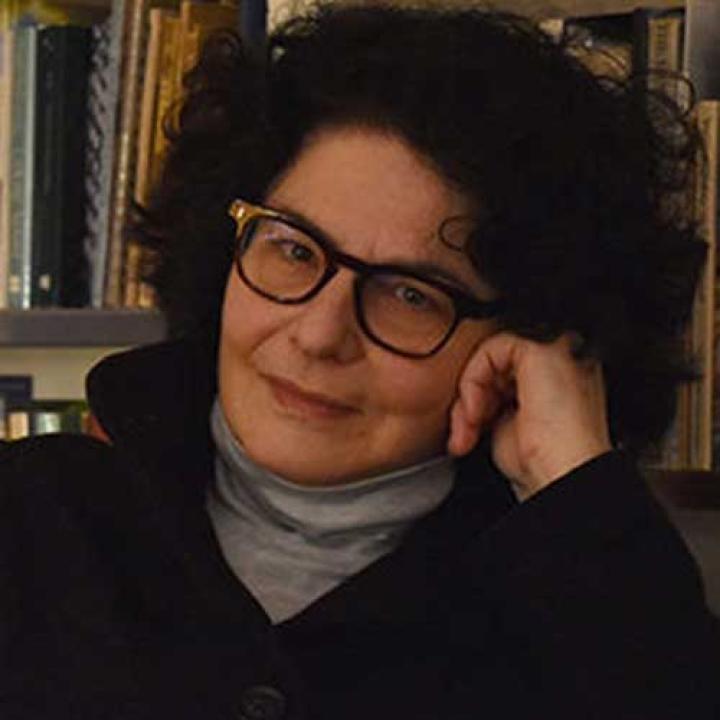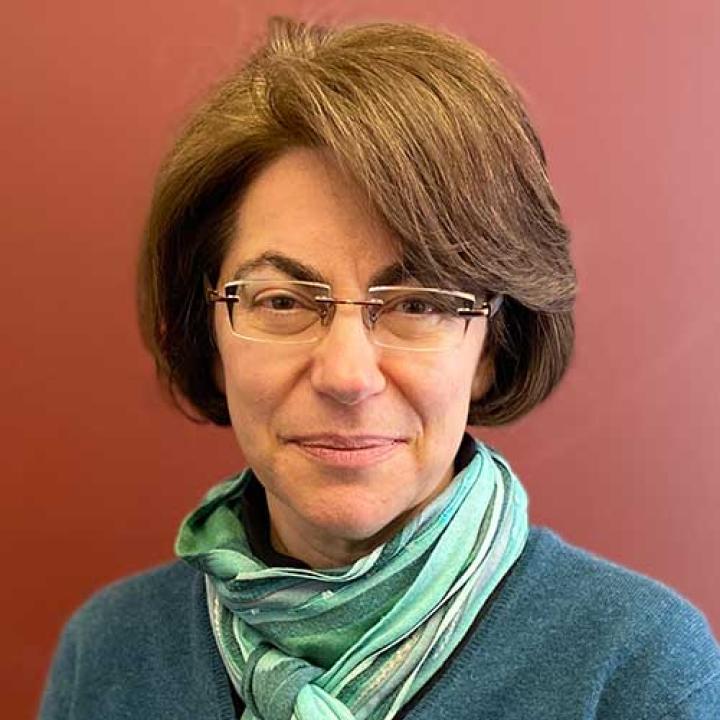Dear Davis Center Friends,
We don’t like to lead with bad news. But the war in Ukraine has changed our world. It has turned parts of Ukraine into rubble, while displacing at least a third of its population westward. It has turned Russia into a highly sanctioned pariah state whose 30-year dominance of European energy markets has been lost in eight months. It has led leaders of the Central Asian and Caucasian countries to reevaluate their dependence on their largest neighbor, and to inch away from Russia’s political and economic embrace. It has led scholars across the social sciences and humanities to think more closely about the post–Cold War world and the way Russia was often at the center of our discussions and analysis.
In short, we are at an inflection point in Russian and Eurasian studies. The future will look different from the past, and not only because Ukraine has proven itself to be resilient as Russia grows weaker. There is now consensus well beyond the Davis Center that this war is dramatically reshaping military alliances, supply chains, and our understanding of how democratic systems are vulnerable to attack. The graduates of our MA program in regional studies, REECA, are in high demand in government, the army, PhD programs, media outlets and nonprofit organizations. Recognized as rigorously trained and prepared to help the world grapple with our changing times, they are truly an investment in the future of our national security, stability in Europe, and the resolution of the conflict in Ukraine.
We are able to stay on top of the war and regional events because of the loyal support of our alumni and the longstanding (and short-standing but committed) friends of the Davis Center. We promise to continue throwing ourselves into the analysis of the war while maintaining support for deeper research in history, Slavic studies, Georgian and Central Asian countries, languages and economic development. We will continue supporting our students, whether they are looking into the Wagner Group, exploring how Pushkin’s Blackness was received in Russia since imperial times, or studying the mechanisms regional autocrats use to stay in power. We will continue building networks to support field research across Eurasia, and plan to build on our success in finding new ways to understand this new world.
We hope you will continue to support us in this effort.
Sincerely,
Eve Blau & Alexandra Vacroux








